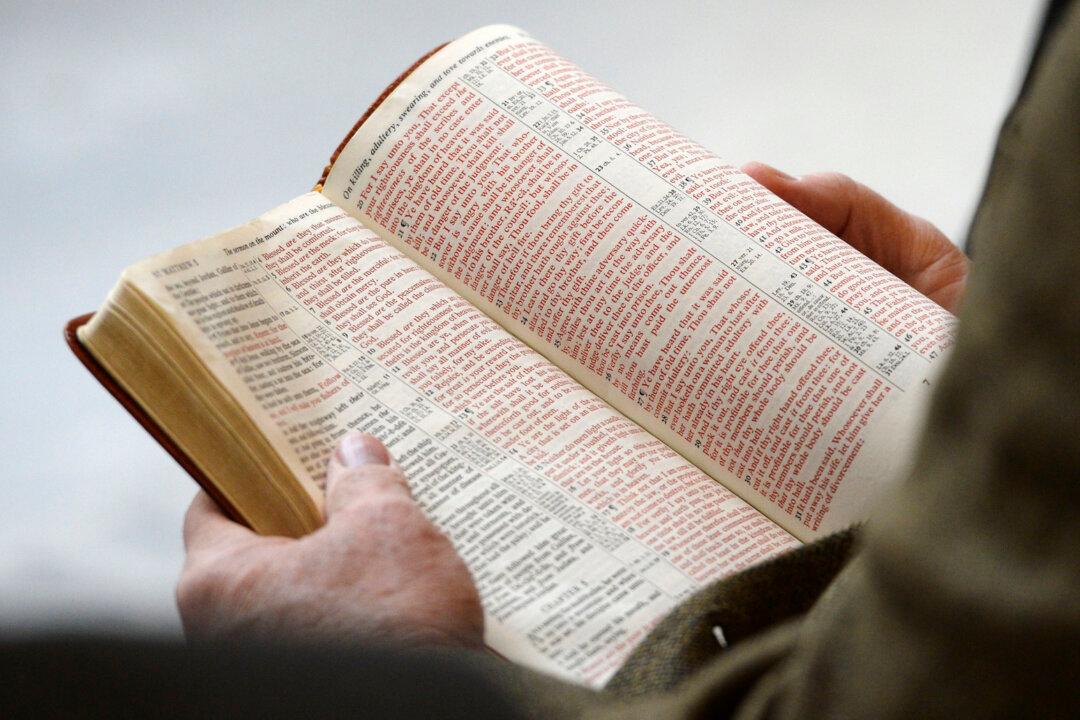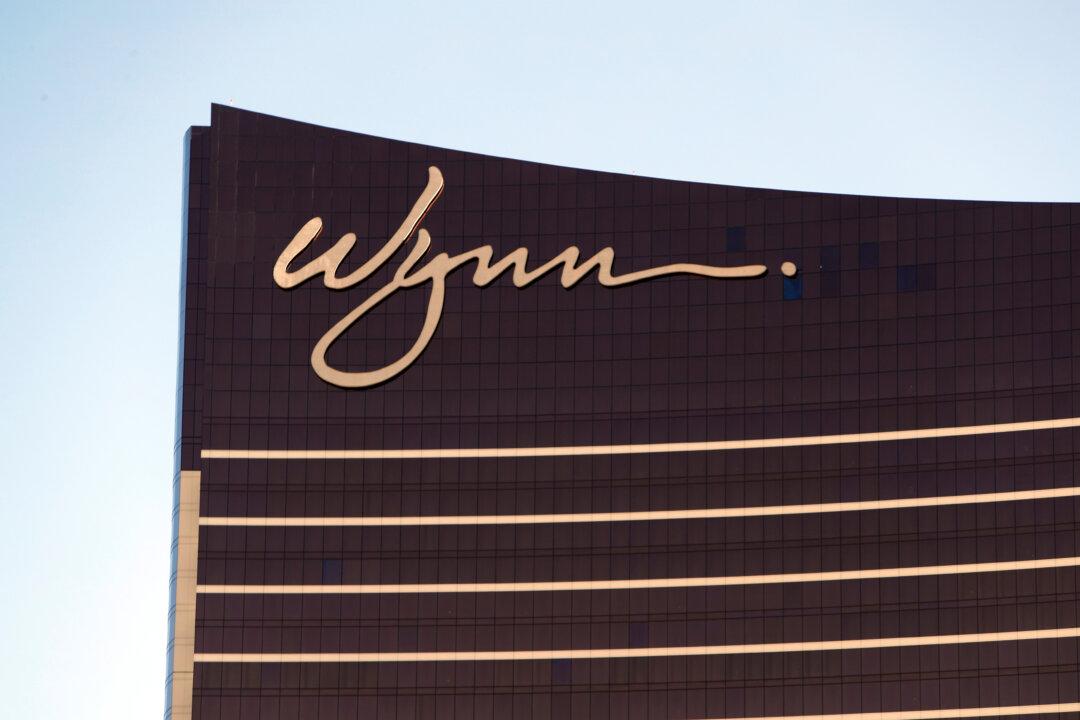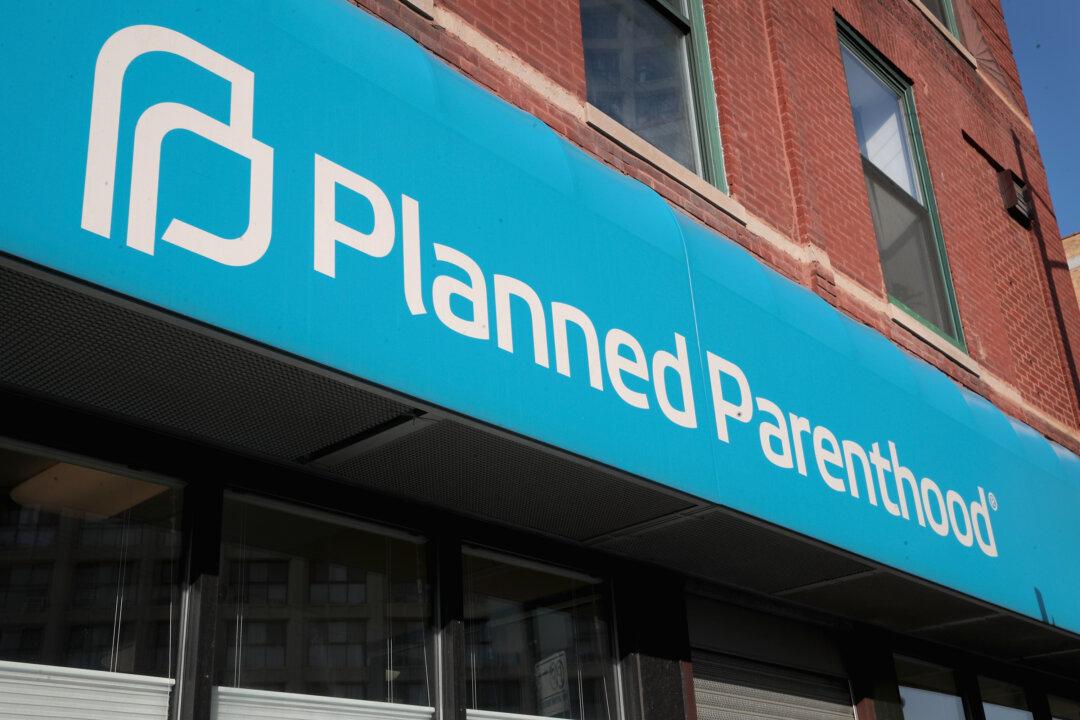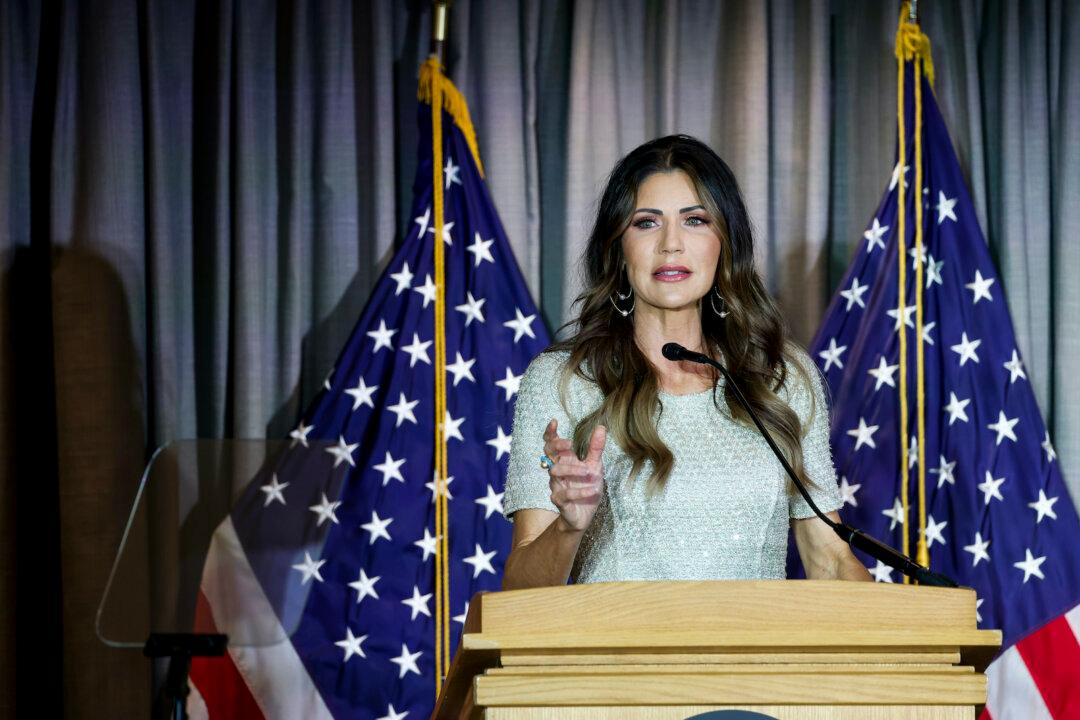Utah Republicans joined concerned parents as they rallied at Utah’s Capitol on Wednesday to protest a school district’s decision to remove the Bible from middle and elementary school libraries.
The protesters held signs that read “The Bible is the original textbook” and “Remove porn, not the Bible” and expressed their outrage after the Davis School District announced that a review committee concluded the Bible was too “violent or vulgar” for young children.
Elizabeth is a SoCal based reporter covering issues in Los Angeles and throughout the state for The Epoch Times. She is passionate about creating truthful and accurate stories for readers to connect with. When she’s not reporting, she enjoys writing poetry, playing basketball, embarking on new adventures and spending quality time with her family and friends.
Author’s Selected Articles





